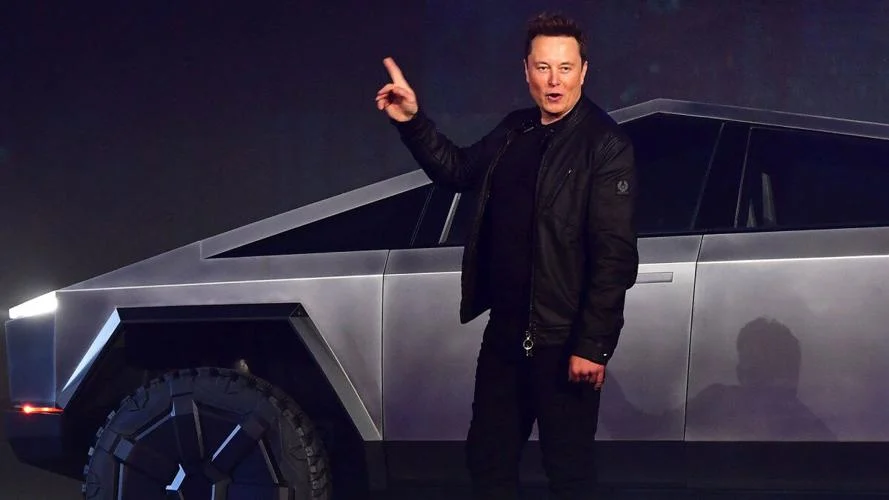
After a ho-hum start to 2024, stocks took off on Thursday and Friday, with the S&P 500 finishing at an all-time high, two years after the last high, and record closes for the Dow and the Nasdaq-100.
To get repeat performances in the week ahead and the week after will be challenging. Equally challenging will be the week that follows.
One reason to expect challenges is that many indexes are giving off overbought signs already. By late December, the overbought signals were quite loud.
Tesla’s (TSLA) earnings Wednesday and the release of a key inflation measure on Friday are the key reports for this week.
The week after that is even bigger with an important Federal Reserve meeting as well as earnings from Microsoft (MSFT) , Google-parent Alphabet (GOOGL) , Boeing (BA) , Apple (AAPL) and Amazon (AMZN) .
Let’s start with Tesla and Elon Musk.
Tesla has already said deliveries of new Teslas were up 38% in 2023 worldwide, and it has new vehicles coming into market, including the futuristic Cybertruck.
Sounds good, but Tesla’s outlook for 2024 will be the key to the report.
Analysts see earnings per share falling to 60 cents from $1.07 in the 2022 fourth quarter. The company has suggested 2024 results won’t be as robust as those in 2023.
Worries, in fact, have been creeping into the electric-vehicle universe. Buyers aren’t sold on them because of cost and reliability concerns, and they are worried about how far vehicles can be driven without charging.
On the other hand, they will buy anything hybrid. So auto dealers don’t want EVs on their lots.
Car-rental giant Hertz recently said it was selling 20,000 electric vehicles because of high repair costs they’ve seen.
Tesla rose 101.7% in 2023. However, all of the gain came in the first and second quarters. The shares fell (slightly) in the third and fourth quarters.
In the first two weeks of 2024, the shares are down 14.6%, the worst showing among the seven Magnificent Seven stocks. Next worst is Apple, down 0.5%. Nvidia (NVDA) is already up 20%. The group include Alphabet, Amazon, Microsoft, Meta and Nvidia.
The Elon Musk show
But with Tesla, there’s always drama involving its brilliant but mercurial CEO.
This past week, after the Martin Luther King Jr. holiday, Musk said he needed to own 25% of Tesla. His goal: avoid takeovers and have enough control of the company as it develops robots and other artificial intelligence technology.
If his demands were not met, Musk said he would pursue unspecified ventures outside of Tesla.
Musk owns about 13% of the company now. He sold a substantial portion of his holdings to buy the social media site X (formerly Twitter).
How serious he is on the threat is not clear. But Ben Rose, whose Battle Road Research advises institutional investors, told The New York Times and news was “curious and ill-timed.”
The reality is Tesla faces increasing competition and difficult economic conditions.